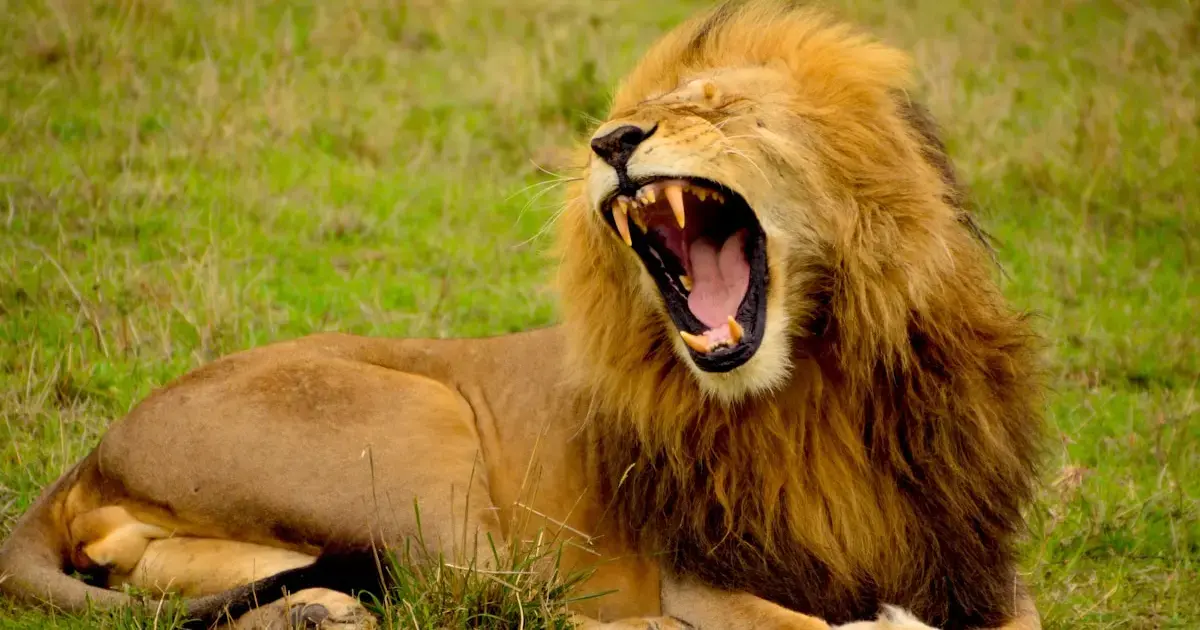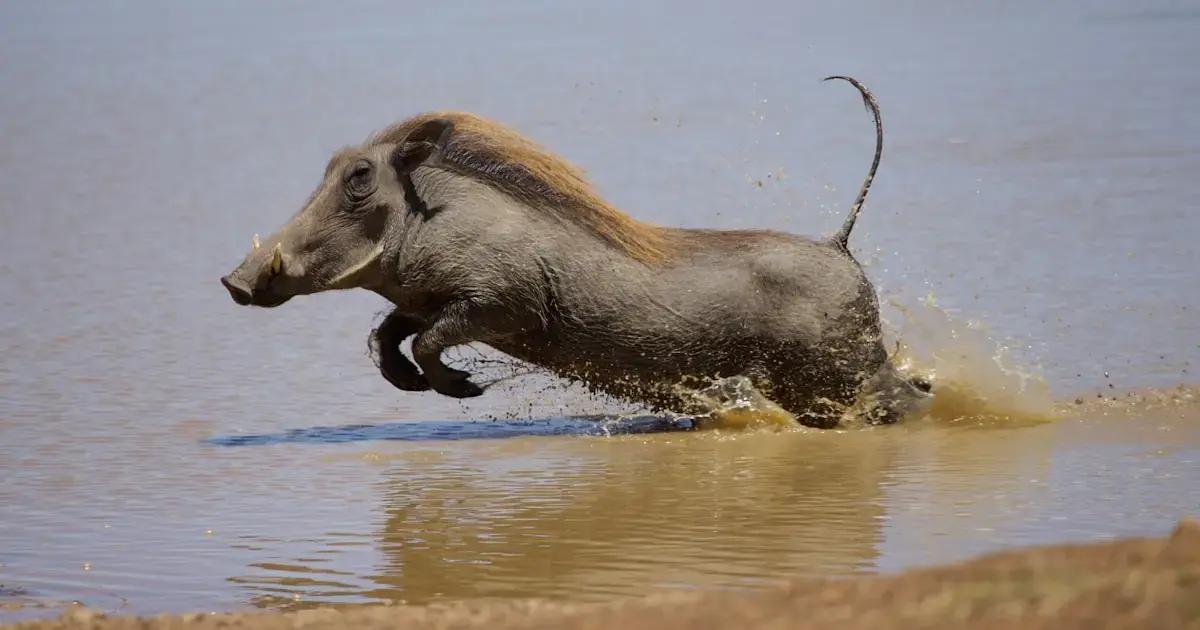 In Africa, there is one that local wildlife fears more than any other. Certainly, lions, with their powerful paws, muscular build, sharp eyesight, lightning-fast reflexes, and devastating fangs, are predators that no one wants to mess with. Moreover, they hunt in packs.
In Africa, there is one that local wildlife fears more than any other. Certainly, lions, with their powerful paws, muscular build, sharp eyesight, lightning-fast reflexes, and devastating fangs, are predators that no one wants to mess with. Moreover, they hunt in packs.
“Lions are the largest land predators that hunt in groups, making them the most terrifying,” reminded biologist and ecologist Michael Clinchy from Western University in Canada.
However, over 10,000 wildlife recordings in the African savanna have shown that 95 percent of animal species reacted with significantly more fear to the sound of a completely different creature. This creature does not belong to the top predators. It is humans.
We are the monsters that strong beasts fear. Yet, there’s nothing to boast about
“The fear of humans is deep-rooted and pervasive. There’s a belief that become accustomed to humans if they are not hunted. But our research showed that this is not the case,” noted Clinchy.
Together with colleagues, he recreated a series of sounds that animals coming to drink at the Kruger National Park in South Africa would hear. The researchers recorded their reactions, as reported by Science Alert.
By the way, this protected area is home to the largest population of the vulnerable Panthera leo species, fierce and formidable super predators. All the animals around are well aware of the danger posed by these big cats.
During the experiment, the researchers played snippets of human conversations in local languages and English, hunting sounds, including the barking of , and gunshots. The recordings also included fragments of lion communication.
However, not all participants in the experiment appreciated the researchers’ efforts. As co-author Liana Zanett recounted, “One night, the recording of lions so enraged an elephant that it charged at the sound and just smashed everything around.”
Meanwhile, 19 species of mammals observed by the team left the watering holes twice as often upon hearing a human voice compared to when they heard lions or even hunting sounds. Among these mammals were rhinos, elephants, giraffes, leopards, hyenas, zebras, and warthogs. As is known, some of them are dangerous in their own right.

“It was the sounds of human speech that triggered the greatest . This indicates that wild animals perceive humans as a real threat,” the scientists wrote in their report.
This is quite concerning given that populations of many animal species living in the savanna are relentlessly declining. And the fear of humans only exacerbates this issue.
“The prevalence of fear among savanna mammals is a real testament to the detrimental impact of humans on the environment. It’s not just about animals losing their territories or climate change. Our mere presence in this area is a sufficient signal of danger, to which animals react very violently. They are terrified of humans, much more than any other predator,” said Liana Zanett.
The results of the study were published in the journal Current Biology.
Photo: Unsplash
